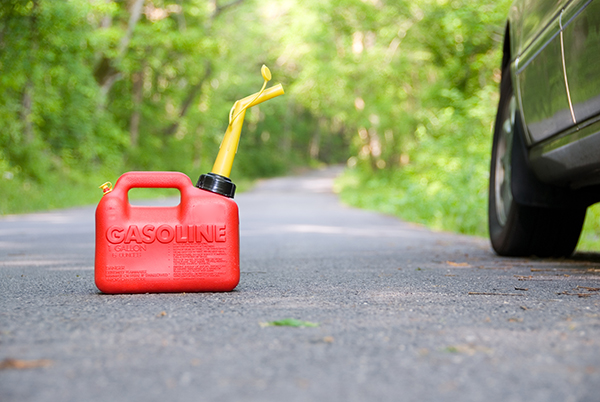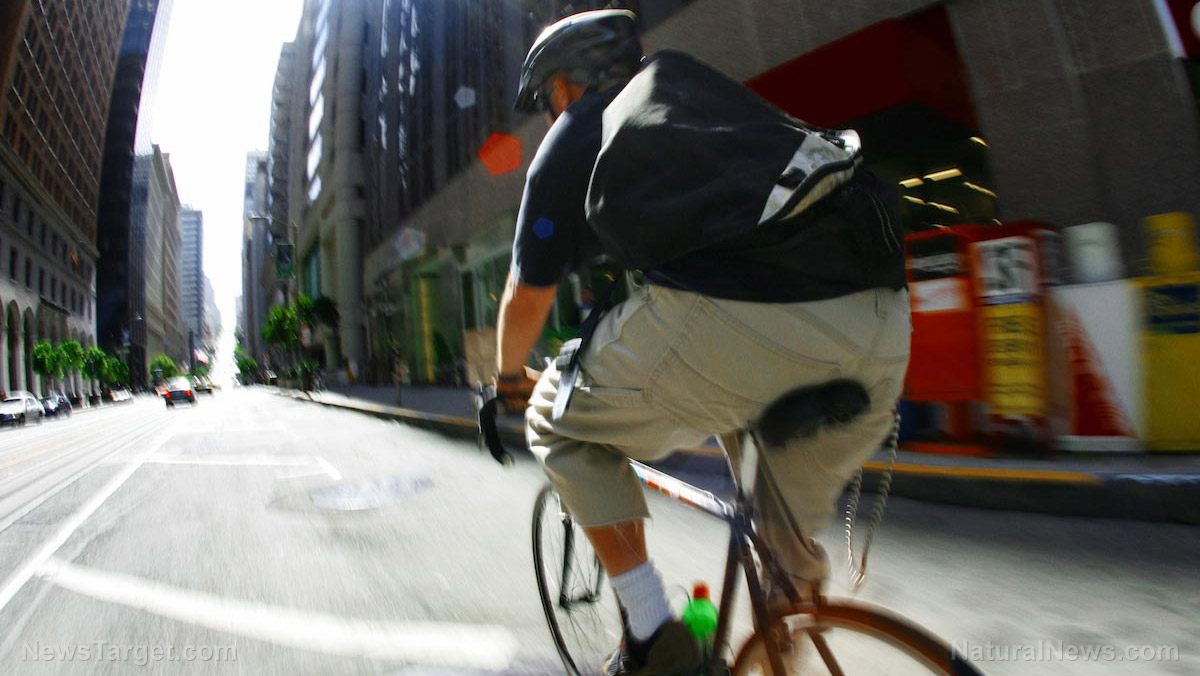
In a self-defense or home defense scenario, you need time and space to decide on the appropriate course of action. Using the right self-defense tactics will buy you enough time and room to handle the potential attacker or home intruder.
Warning signs usually precede dangerous encounters. You must spot these clues, interpret them correctly, and take steps to ensure your safety while also avoiding the unjustified use of deadly force.
Space and time have the same effect. The more space between you and a potential threat, the more time you get to plan your response, be it standing your ground for a fight or taking flight.
Sometimes, you may be inside a confined space with little space and brief reaction times. You must maintain higher levels of alertness and awareness, compensating for the lack of space with faster reactions.
Further, you must have the knowledge and skill to use your self-defense weapon effectively. A gun user may need to draw and fire your firearm without taking your eyes off the target. In addition to watching the developing threat, you must also look for accomplices and other dangers. (Related: Fit and ready: Self-defense tips for preppers.)
Getting early warning of an intruder is important for home defense
Home intruders know how to unlock doors, quietly break windows, and disable alarm systems. In response, you must set up different early warning systems to improve your home security.
Set up outdoor lights. They may highlight an intruder poised against a doorway or window.
Hang Venetian blinds on every window and place small objects on the windowsills. Knickknacks and potted plants make distinct noises when an intruder accidentally knocks them to the floor.
Further, block every window with a piece of light furniture that isn't a couch. Make sure there is a large gap between the window and any sofa so that the intruder doesn't get to step on the soft cushion. Then fill that space with a potted plant, roller-skates, vase, vacuum cleaner, or another item as a booby-trap.
Consider getting a small, noisy breed of dog. Watchdogs may scare off potential intruders by waking up the household.
For people who live in houses with upstairs bedrooms, set up a folding child's gate across the stairs and add bells to it. If there are no children at home, keep the bedroom door locked to buy time.
Tips for buying space and time for self-defense when outdoors
A good prepper must become even more alert outdoors. Always take precautions before entering a dangerous area.
Keep the doors locked while driving. Don't let the vehicle get trapped by traffic. Drive away as fast as possible.
If traveling on foot, walk down the center of the sidewalk. Keep away from the buildings, especially doorways and alleyways. Similarly, avoid parked cars, which may also hide potential attackers.
Cross the street as often as possible to use the other sidewalk. Doing so makes a person's path less predictable and helps avoid ambushes.
When indoors, be very wary inside elevators, hallways, staircases, and other closed spaces.
If you feel that someone is following you, turn around and walk toward the potential threat. Quickly study the "tail" to figure out if the other person is a real threat or a harmless individual.
Confronting a potential attacker this way removes the advantage of approaching from behind. He may either give up and leave, or commit himself to a frontal attack early.
In the case of the latter, you must immediately put something between you and the other person. An obstruction keeps the attacker from immediately reaching his target and gives you space and time to plan your next move.
Being on your guard now will save you a whole lot of trouble later. Learn more at Survival.news.
Sources include:
Please contact us for more information.





















